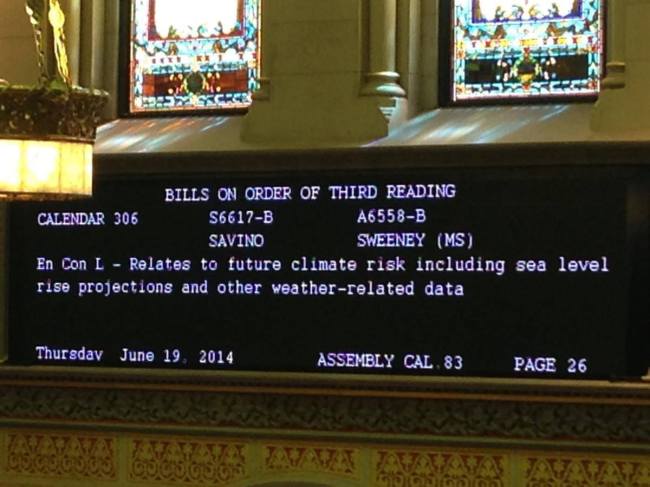Join local officials, planners, attorneys, legal scholars and law students on Friday, Feb. 27, 8:30 – 10 am, for RLUIPA Defense: Avoiding and Defending Against RLUIPA Claims, presented by Ted Carey, the lead trial lawyer in a complex RLUIPA case in Old Westbury, Evan J. Seeman and Karla Chaffee, RLUIPA attorneys at Robinson + Cole and regular contributors to the RLUIPA Defense blog. 1 Professional Practice credit. Planning and zoning board credits TBD.
“Absolutely essential to avoiding and defending against RLUIPA claims is proper training of local officials before they begin to review a religious use application.” — Evan J. Seeman, RLUIPA Defense Tactics: How to Avoid & Defend Against RLUIPA Claims, 37 Zoning & Planning L. Rpt. 1 (Dec. 2014).
Space is limited. Register now by emailing events@tourolaw.edu.
All Bagels with the Boards events begin with a half hour continental breakfast (including bagels, of course), followed by a one-hour CLE. The cost for each program is $15 per person, including materials, and continental breakfast.
Special thanks to Bagels with the Boards co-sponsors: Farrell Fritz PC, the Municipal Law Section of the NY State Bar Association, the New York Conference of Mayors (NYCOM), and the Association of Towns of the State of New York.
Email events@tourolaw.edu to pre-register for future Bagels with the Boards, including:
Friday, Mar. 27, , 8:30 – 10 am
Planning and Zoning for Accessible Communities, presented by Robin Malloy, the E. I. White Chair and Distinguished Professor of Law, and Kauffman Professor of Entrepreneurship and Innovation at Syracuse University. Professor Malloy’s book Land Use Law and Disability: Planning and Zoning for Accessible Communities was published in October 2014 by Cambridge University Press.
Learn more about this CLE, other CLEs in the Bagels with the Boards series, and Touro’s Land Use & Sustainable Development Law Institute first annual conference the “Long Island Coastal Resiliency Summit,” by visiting http://www.tourolaw.edu/LandUseInstitute.
Don’t miss future events. Join the Institute’s mailing list by emailing landuse@tourolaw.edu.


